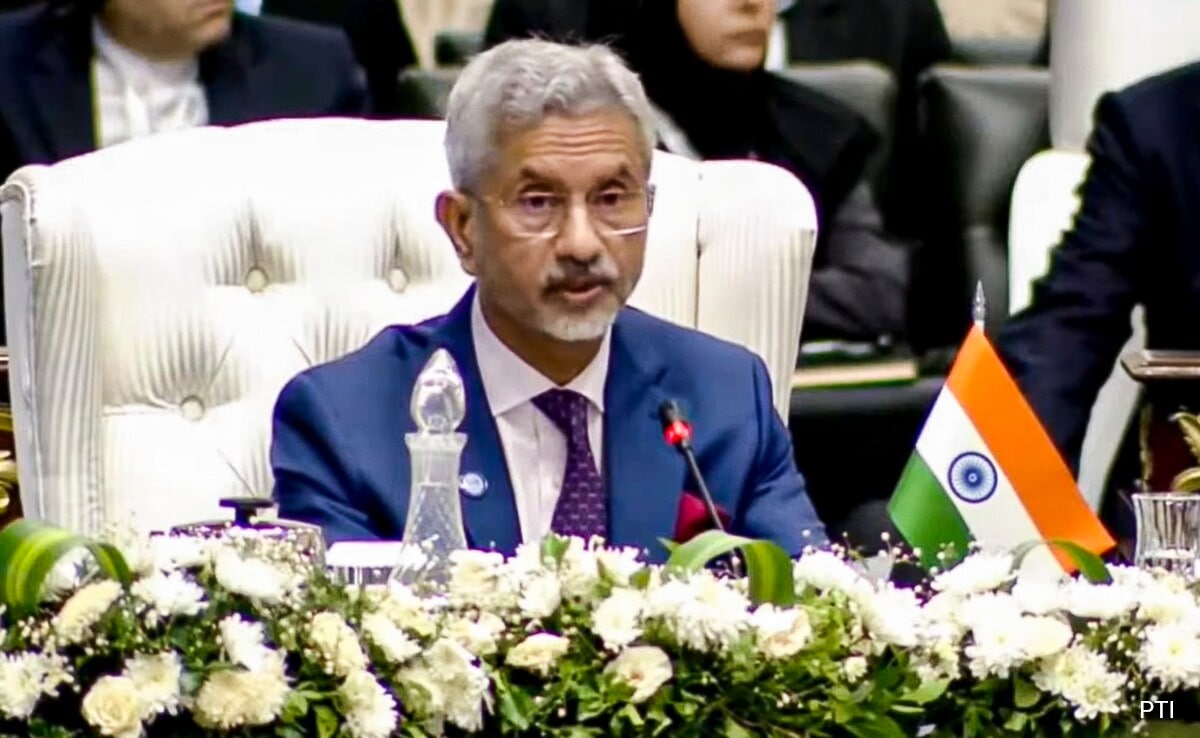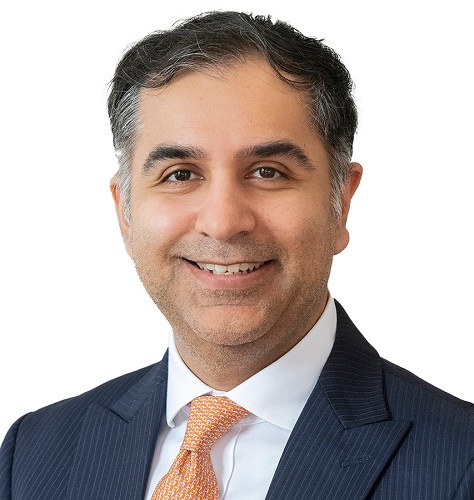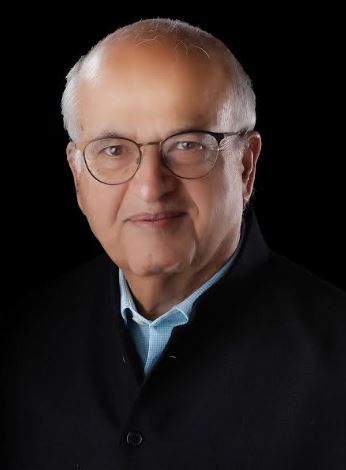Speaking about the challenges faced in the region, External Affairs Minister S Jaishankar in his address at the SCO Summit in Islamabad today made a veiled reference about China and Pakistan.
The foreign minister said, “If trust is lacking or cooperation inadequate, if friendship has fallen short and good neighbourliness is missing somewhere, there are surely reasons to introspect and causes to address,” adding that “It is only when we reaffirm our commitment most sincerely to the Charter that we can fully realise the benefits of cooperation and integration that it envisages.”
Mr Jaishankar’s remarks come at a time where relations both with China and Pakistan are severely strained due to issues of terrorism from Pakistan and military standoffs with China along the Line of Actual Control.
Ties between India and Pakistan have gone into a deep-freeze as India has made it clear that dialogue can happen only in an atmosphere “free of terror” and that the ball is now in Pakistan’s court for them to end the scourge of terrorism. As for China, ties have diminished to the very minimum after Beijing’s multiple unilateral actions along the Line of Actual Control over the last few years. There can be no cooperation when there is no trust, and that is what Mr Jaishankar highlighted in his subtle, yet clearly evident reference to the two neighbours.
Addressing all the delegates at the key regional summit being held in Islamabad, Mr Jaishankar also said that “Cooperation must be based on mutual respect and sovereign equality. It should recognise territorial integrity and sovereignty. It must be built on genuine partnerships, not unilateral agendas. It cannot progress if we cherry-pick global practices, especially of trade and transit.”
‘THE 3 EVILS – TERRORISM, EXTREMISM, SEPARATISM’
Speaking about the “three evils” that plague our world, Mr Jaishankar said, “But most of all, our endeavours will progress only when our commitment to the Charter remains firm. It is axiomatic that development and growth requires peace and stability. And as the Charter spelt out, this means being firm and uncompromising in countering the ‘three evils’. If activities across borders are characterised by terrorism, extremism and separatism, they are hardly likely to encourage trade, energy flows, connectivity and people-to-people exchanges in parallel.”
Giving a glimpse of how the region would be if the these evils were addressed and countered successfully, Mr Jaishankar said, “Let us contemplate how much we all stand to gain if it was to be otherwise. Our very agenda today in Islamabad gives us a glimpse of those possibilities. Industrial cooperation can enhance competitiveness and expand labour markets. MSME collaboration has positive implications for employment. Our collective endeavours can expand resources and encourage investment flows. Business communities will profit through larger networks. Collaborative connectivity can create new efficiencies. The world of logistics, as indeed of energy, could undergo a sea change. Environmental protection and climate action are ready domains for mutually beneficial exchanges. The treatment of infectious and non-infectious diseases will benefit from accessible and affordable pharmaceutical capabilities. Whether it is health, food or energy security, we are all clearly better off working together. Indeed, even culture, education and sports are promising areas. In effect, there is so much that we can do once we are truly determined to promote that synergy.”
‘GLOBALISATION IN A MULTI-POLAR WORLD’
The foreign minister further emphasised that “This is not just an endeavor for our own benefit. We all realise that the world is moving towards multi-polarity. Globalisation and rebalancing are realities that cannot be denied. Cumulatively, they have created many new opportunities in terms of trade, investment, connectivity, energy flows and other forms of collaboration. There is no question that our region would benefit immensely if we take this forward. Not just that, others too would draw their own inspiration and lessons from such efforts.”
Speaking about cooperation and collective consideration among SCO member states, Mr Jaishankar said, “It is imperative that we now renew our resolve to attain the objectives of the SCO. That means recognizing the current constraints on our cooperation and focusing on the pathway forward. It can surely happen when we develop and implement an agenda that is firmly based on an agreed mutuality of interests. To do that, it is equally essential that we abide by the do’s and don’ts so clearly articulated by the Charter.”
‘DIFFICULT TIME IN WORLD AFFAIRS’
Speaking about the hurdles and challenges faced by most countries in today’s globalised-world, especially arising out of the two major conflicts – Israel’s conflict with Hamas, Hezbollah and Iran, and the Russia-Ukraine war, Mr Jaishankar said “We meet at a difficult time in world affairs. Two major conflicts are underway, each with its own global repercussions. The Covid pandemic has left many in the developing world deeply devastated. Disruptions of various kinds – ranging from extreme climate events to supply chain uncertainties and financial volatility – are impacting growth and development. Debt is a serious concern, even as the world falls behind in achieving SDG targets. Technology holds great promise, as well as raising a new host of concerns. How should the members of the SCO respond to these challenges?”
The answers, he said, “lie in the Charter of our organization. And I urge you to reflect on Article 1 that spells out the goals and tasks of the SCO. Let me summarize it for our collective consideration. The objective is to strengthen mutual trust, friendship and good neighbourliness. It is to develop multi-faceted cooperation, especially of a regional nature. It is to be a positive force in terms of balanced growth, integration and conflict prevention. The Charter was equally clear what the key challenges were. And these were primarily three, that the SCO was committed to combatting: one, terrorism; two, separatism; and three, extremism.”
Mr Jaishankar, whose visit to Islamabad for the SCO Summit was little over 24 hours, congratulated Pakistan for Islamabad’s Presidency of the SCO Council of Heads of Government forum this year. He added that “India has extended its full support for a (Islamabad’s) successful presidency (of the forum).”














